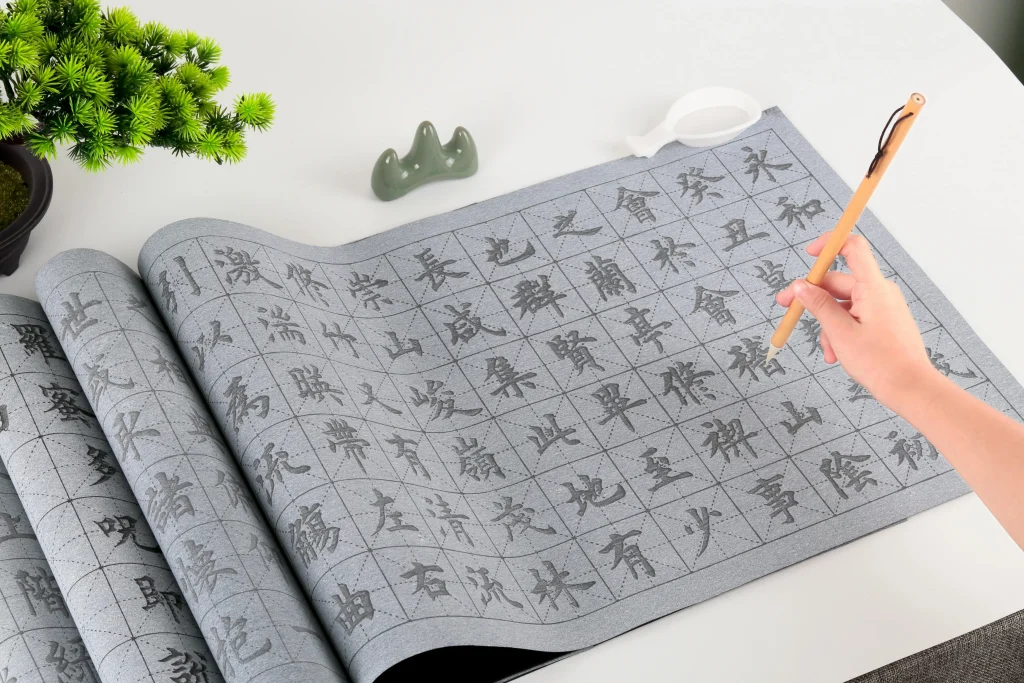Choosing a school among the schools in China is a crucial decision for parents, whether they are expatriates or Chinese residents. The Chinese education system is known for its academic rigor and focus on excellence. With various options such as public schools, international schools, and bilingual schools, families have multiple choices to ensure their children receive a high-quality education. This article provides an in-depth look at the different options available, their advantages and disadvantages, as well as the administrative procedures and tuition costs.
1. The Chinese Education System in Detail
The Chinese education system is structured into several levels, each with its own characteristics:
- Kindergarten (3-6 years old): Non-compulsory, it helps young children develop social skills and early learning.
- Primary School (6-12 years old): This marks the beginning of compulsory schooling. The main subjects include mathematics, Chinese language, English, and sciences.
- Middle School (12-15 years old): Also compulsory, this stage prepares students for evaluation exams that determine their admission to high school.
- High School (15-18 years old): Although not mandatory, high school is highly recommended for access to higher education. Preparation for the Gaokao, the national university entrance exam, is a key focus.
- University (18+ years old): Admission is primarily based on Gaokao scores. Chinese higher education is renowned and also attracts international students.
The system places a strong emphasis on discipline, rote learning, and exam performance. It is known for being demanding and highly competitive, partly due to intense social pressure to achieve excellent academic results.

2. Chinese Public Schools
Public schools in China are state-funded and follow the national curriculum set by the Ministry of Education. Teaching is conducted in Mandarin, with a strong emphasis on sciences, mathematics, and memorization.
Advantages of Public Schools
- Low Cost: Tuition fees are very low for local residents and remain affordable for some expatriates in certain regions.
- Total Cultural Immersion: A child enrolled in a Chinese public school quickly acquires fluency in Mandarin and adapts to the local culture.
- Academic Excellence: The level of scientific and mathematical subjects is particularly high.
Disadvantages of Public Schools
- Language Barrier: A non-Mandarin-speaking child may struggle to adapt, as most courses are in Mandarin.
- High Academic Pressure: The system emphasizes memorization and exam results, which can be stressful for students.
- Limited Adaptability for International Students: Teaching methods are often rigid and do not always cater to the specific needs of foreign students.

3. International Schools in China
International schools are mainly for expatriate children and offer foreign curricula, such as:
- International Baccalaureate (IB)
- British Curriculum (IGCSE, A-Levels)
- American Curriculum (SAT, AP)
- Other national systems (French, German, Canadian, etc.)
Advantages of International Schools
- Teaching in English (or another foreign language): Courses are generally taught in English, and some schools offer bilingual options.
- Smaller Class Sizes: Unlike overcrowded public schools, international schools provide more individualized attention.
- More Modern Teaching Methods: These encourage critical thinking, personal development, and creativity.
- Better Transition to Western Universities.
Disadvantages of International Schools
- Very High Tuition Fees: Between 100,000 and 300,000 RMB per year (13,000 to 39,000 €), not including additional costs.
- Limited Seats: Some schools require entrance exams and have long waiting lists.
4. Bilingual Schools in China
Bilingual schools combine the Chinese curriculum with elements of international programs, allowing students to master both Mandarin and another language.

Advantages of Bilingual Schools
- Teaching in Mandarin and English.
- Strong preparation for international studies while preserving local culture.
Disadvantages of Bilingual Schools
- High costs, often similar to those of international schools.
- Heavy workload, as students must master two curricula.
5. Key Factors When Choosing a School in China
Before choosing a school, it is important to consider several factors:
- Language of Instruction: Mandarin, English, or bilingual.
- School Program: Chinese, IB, American, British, etc.
- Tuition Fees and Family Budget.
- Location and Accessibility.
- Teaching Approach and Methods.
6. Admission Process
Top 5 International Schools in China
- Shanghai High School International Division (SHSID) – Located in Shanghai, offering IB, AP, and A-Level programs with high-quality education.
- Western Academy of Beijing (WAB) – Based in Beijing, renowned for its full IB program and modern facilities.
- Shenzhen College of International Education (SCIE) – Excels in A-Level exams, ideal for students aiming for Western universities.
- Beijing World Youth Academy (BWYA) – An IB school in Beijing, known for its cultural diversity and strong academic performance.
- International School of Beijing (ISB) – One of the oldest international schools in Beijing, offering an IB program with modern infrastructure.
Admission Criteria for Schools in China

- Language and aptitude tests for international schools.
- Academic records and interviews.
- Specific administrative procedures for foreign students.
To summarise
Choosing the best school in China depends on various factors, including language of instruction, budget, teaching philosophy, and parents’ educational goals.
- Public schools offer cultural immersion and rigorous education, but may be challenging for non-Mandarin-speaking children.
- International schools provide high-quality education in a multicultural setting, but are expensive and highly competitive.
- Bilingual schools offer a balanced mix of Chinese and international education, but require a high academic commitment.
To make the best decision, it is essential to visit schools, speak with teachers, and assess the child’s well-being in their future academic environment.
Did you enjoy reading this article? Well, if you did, do not hesitate to check out more, there’s a high chance you’ll like them too!
FAQs
1. Can foreign children enroll in Chinese public schools?
Yes, under certain conditions. Mandarin proficiency is often required, and procedures vary by city.
2. What is the average cost of an international school in China?
Tuition ranges from 100,000 to 300,000 RMB per year (13,000 to 39,000 €).
3. What is the best option for a non-Mandarin-speaking child?
An international or bilingual school is recommended for easier adaptation and learning.






There are 2 comments
I am a Ghanaian and I want to study in China public school because my friend in China told me that it is also the best school in China.
I like the school and I want to learn there